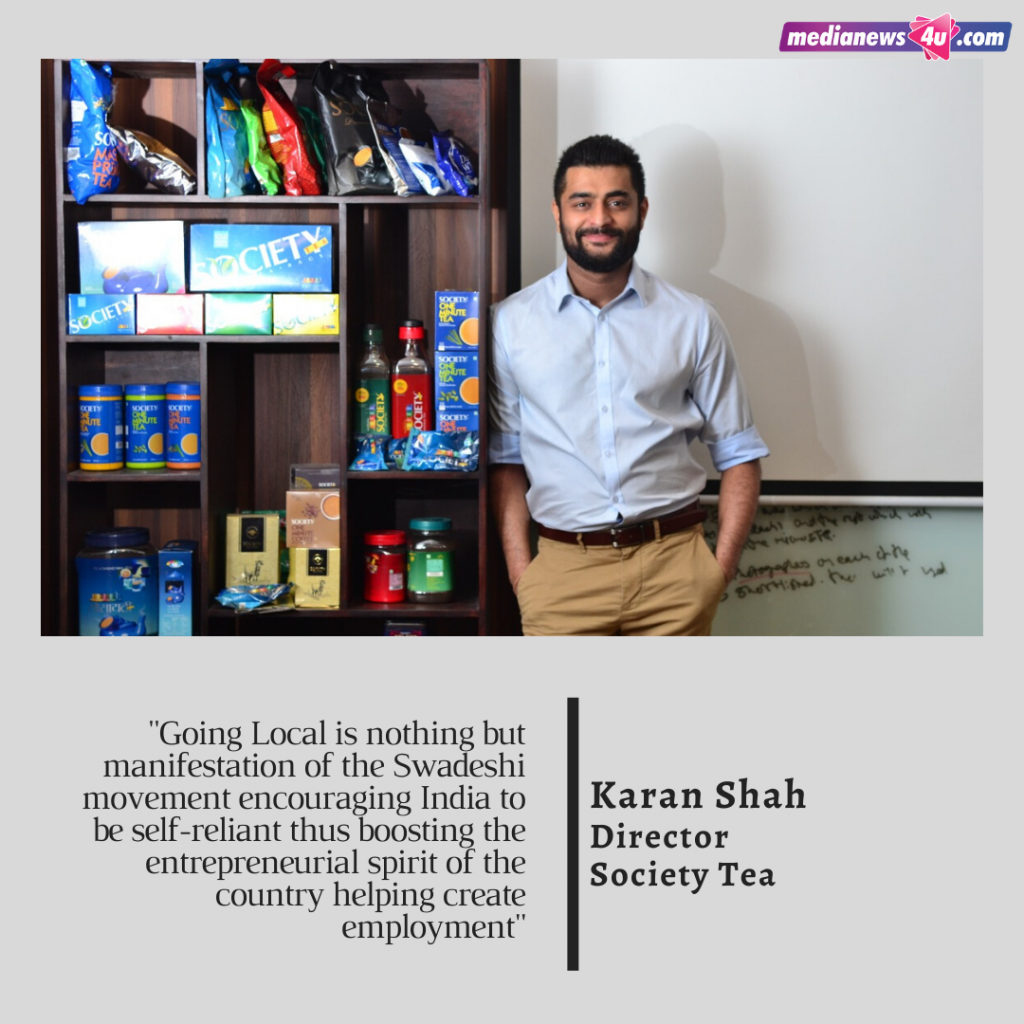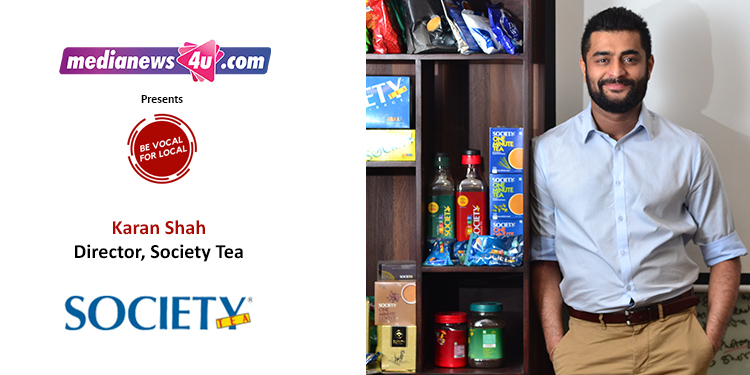Prime Minister Narendra Modi announced a Rs 20-lakh-crore stimulus package, equivalent to about 10% of India’s GDP, aimed at making the country self-reliant and reviving the stalled economy. Details of the plan, dubbed the Atmanirbhar Bharat Abhiyaan, which will focus on the importance of local manufacturing, local markets, and local supply chains, saying the coronavirus crisis had taught India the importance of these key elements. “All our demands during the crisis were met locally. Now, it is time to be ‘vocal about local’ products and help them become global,” he said. He said the definition of self-reliance had undergone a change in the globalized world and stressed that it is not the same as being self-centered.
“India’s culture considers the world as one family, and progress in India is part of, and also contributes to, progress in the whole world,” he said. “The world trusts that India has a lot to contribute to the development of entire humanity.”
We at MediaNews4u have spoken to people from various sectors, start-ups, and brand consultants to understand as to what how they have interpreted the term ‘Be Vocal for Local’.
Today we speak to Karan Shah, Director, Society Tea, 33-year-old young and dynamic fourth generation Director of Society Tea. Society Tea today is the market leader in the Tea category in Maharashtra, with around 40% market share of packaged tea in the state. It has a considerable presence in other states such as Goa, Andhra Pradesh, Madhya Pradesh, Karnataka, Chennai, Punjab, Rajasthan, and Delhi.
How do you interpret the term ‘Be vocal for local’?
With the lockdown about to lift and the economy getting ready to restart, PM Modi recently talked about the phrase ‘be vocal for local’ highlighting the need for us to make ‘local’ the mantra of our lives, by supporting and endorsing products Made in India. This initiative is aimed at increasing employment opportunities while the country prepares to get back to its feet.
For India, one thread that binds us unequivocally as a nation, no matter what our differences may be, one ritual that truly symbolizes ‘unity in diversity’, and one common language that transcends regional distinctiveness, is our love for tea. Indian consumers are very particular about the kind of tea they consume & how they consume it. It varies from state to state, region to region; with some people liking their tea with only a splash of milk to your kadak masala chai to lightly brewed white tea.
Given this as a backdrop, one needs to understand the changing preferences of the consumer and the tea-drinking patterns across the Indian subcontinent. To top this, there has been a shift in the industry with a growing affinity to health & fitness and growing taste for herbal teas & green tea.
Given all of this, we believe that the one industry that is dominated by Indian brands is tea. Local brands have a very good hold over the market with each region dominated by a different player who understands its consumer well. While adapting to these variations, Indian brands have stepped forward and innovated as per the demands of the consumer.

At Society Tea, we have always been connected to our roots, serving our consumers with premium quality products. Apart from variants of tea, we have also ventured into a new category of Chutneys and Pickles called, Spice Secrets, our bid to bring back grandmother’s secret recipes, a favorite amongst the locals.
The difference between Local & Swadeshi?
‘Swa’ means self and ‘deshi’ is one’s country. This term was coined by Mahatma Gandhi as a movement to defeat the British raj.
Cut to 2020, Going Local is nothing but a manifestation of the Swadeshi movement encouraging India to be self-reliant thus boosting the entrepreneurial spirit of the country helping create employment.

How will companies which may be global but have been in India, produce here and employ locals will consumers now stop buying these products?
While the idea behind this initiative is to encourage products being manufactured locally and using products that are Indian, there is no such intention in fending away the global brands in India. Rather this concentrates on encouraging the global brands to also ‘Make in India’ allowing more exposure in terms of employment, etc.
Are you seeing a spurt in buying of ‘Swadeshi’ brands?
There is no doubt that Swadeshi brands have started to gain leverage amidst the ‘Be Vocal for Local’ initiative and are leaving no stone unturned to provide Indians with the best quality products. Indian brands are definitely working towards satisfying the demand with R&D based products moving with current trends, quality products, better pricing, etc.

Additionally, in order to keep up with the changing trends amongst the consumers, we have seen the palates of Indians develop too, implying an alteration in the tea market. From a regular and masala chai to an elaichi, ginger, lemon and more. Moreover, there is a strong inclination towards healthy and immunity-boosting green teas and the chilled yet refreshing iced teas. With these new trends making their way to the Indian market, we at Society Tea have brought in our range of green teas with we recently launched the Cleanse Green Tea Detox Kahwa Premix, while in the segment of iced teas, we have introduced four interesting flavors, prepared at our very own factories in Sanjan, and Vadodra, Gujarat

















